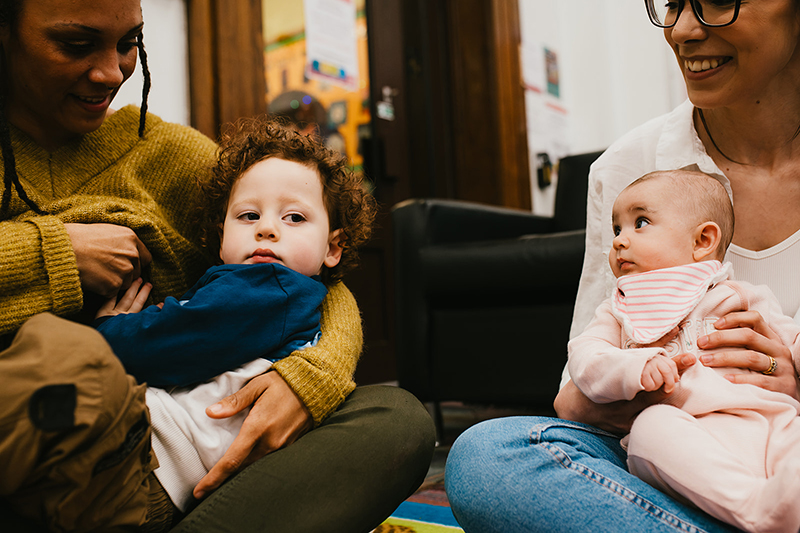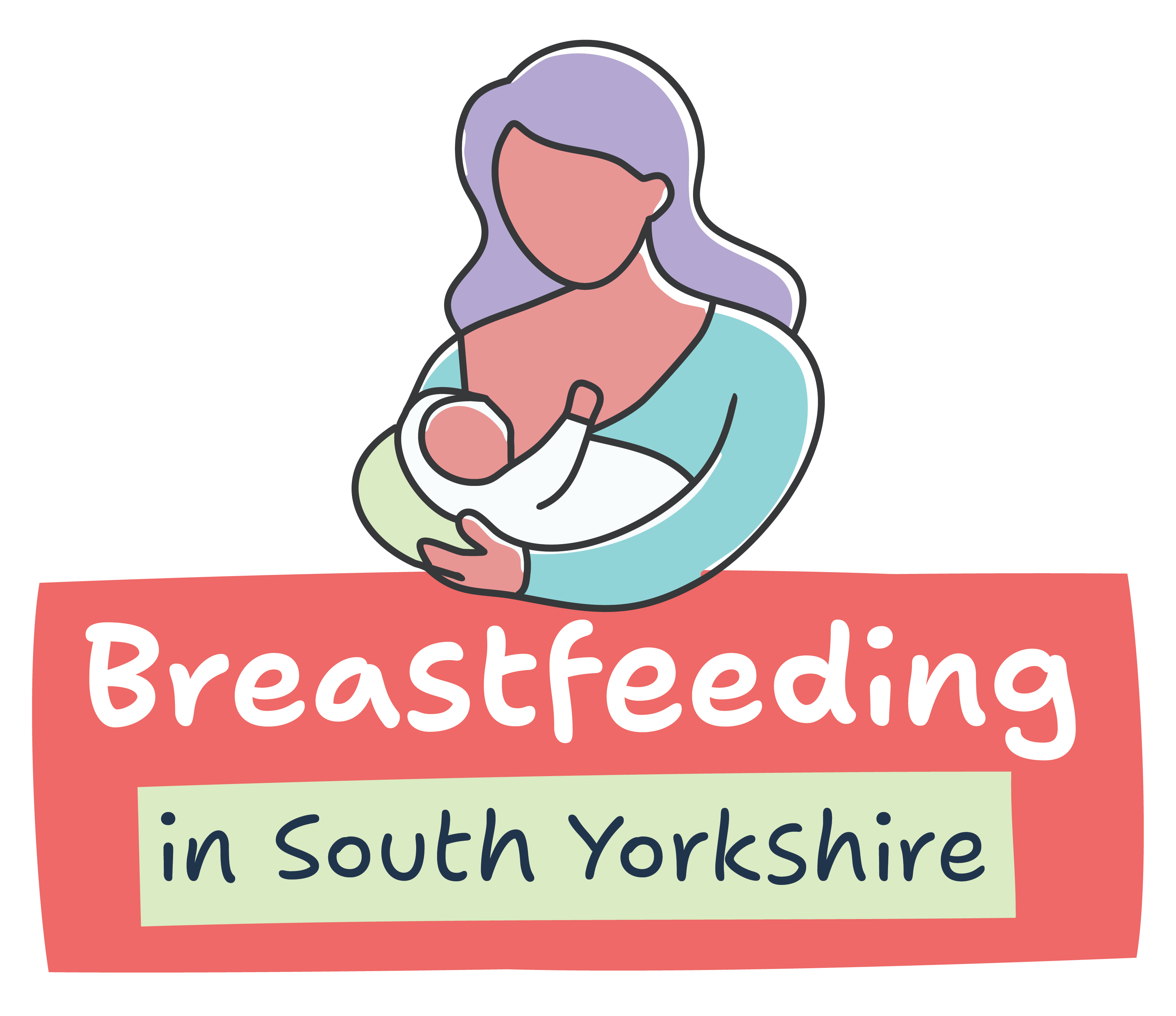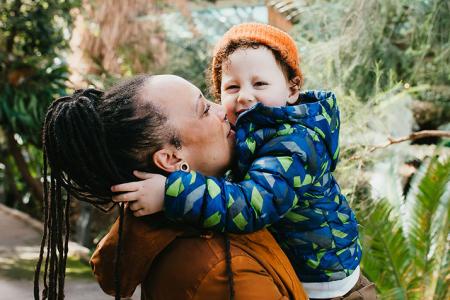Stopping breastfeeding
How to encourage weaning from the breast
How to do this depends on your baby's age. You should speak to your health visitor also.
Here are a few suggestions:
- ‘don’t offer, don’t refuse’ – try distraction or playing or see if they would like an alternative drink (if age appropriate)
- avoid weaning at times of change if possible (for example moving house or holidays)
- give plenty of cuddles generally – with an older baby or toddler, avoid clothing that makes access to breast feeding very easy
- think about which feeds you and your baby enjoy most and reduce breastfeeding at a different time of day first
- distract your baby or toddler with other activities at the times they usually nurse (such as a toy or a trip to the park)
- try shortening feeds gradually

Other options besides completely stopping
You could continue to breastfeed and combine this with expressing breastmilk for your baby.
Consider whether you’re thinking of weaning because of pressure from others or if it’s because of related issues (such as positioning and attachment difficulties that may be causing soreness or sleep issues or routines).
You could discuss these with an Infant Feeding Support Worker or health visitor.

What to replace breastfeeding with
Babies under 12 months should not be given ordinary cow’s milk as a drink. They’ll need either expressed breast milk or infant formula if weaned from the breast (or a combination).
Once they’re over 6 months, they could have breast milk or infant formula, or a combination of the two, alongside solid food.
Babies and toddlers over 12 months can be given full fat cow’s milk.
You can offer a cup rather than a bottle in a baby over 5 to 6 months. It’s recommended by dentists that babies should not have bottles after they are 12 months old.
More information
You can ask your midwife, health visitor or peer support worker to help you with stopping breastfeeding.
Talk to an infant feeding worker in your local area
Out of hours support
You can also call the National Breastfeeding Helpline on 0300 100 0212.

